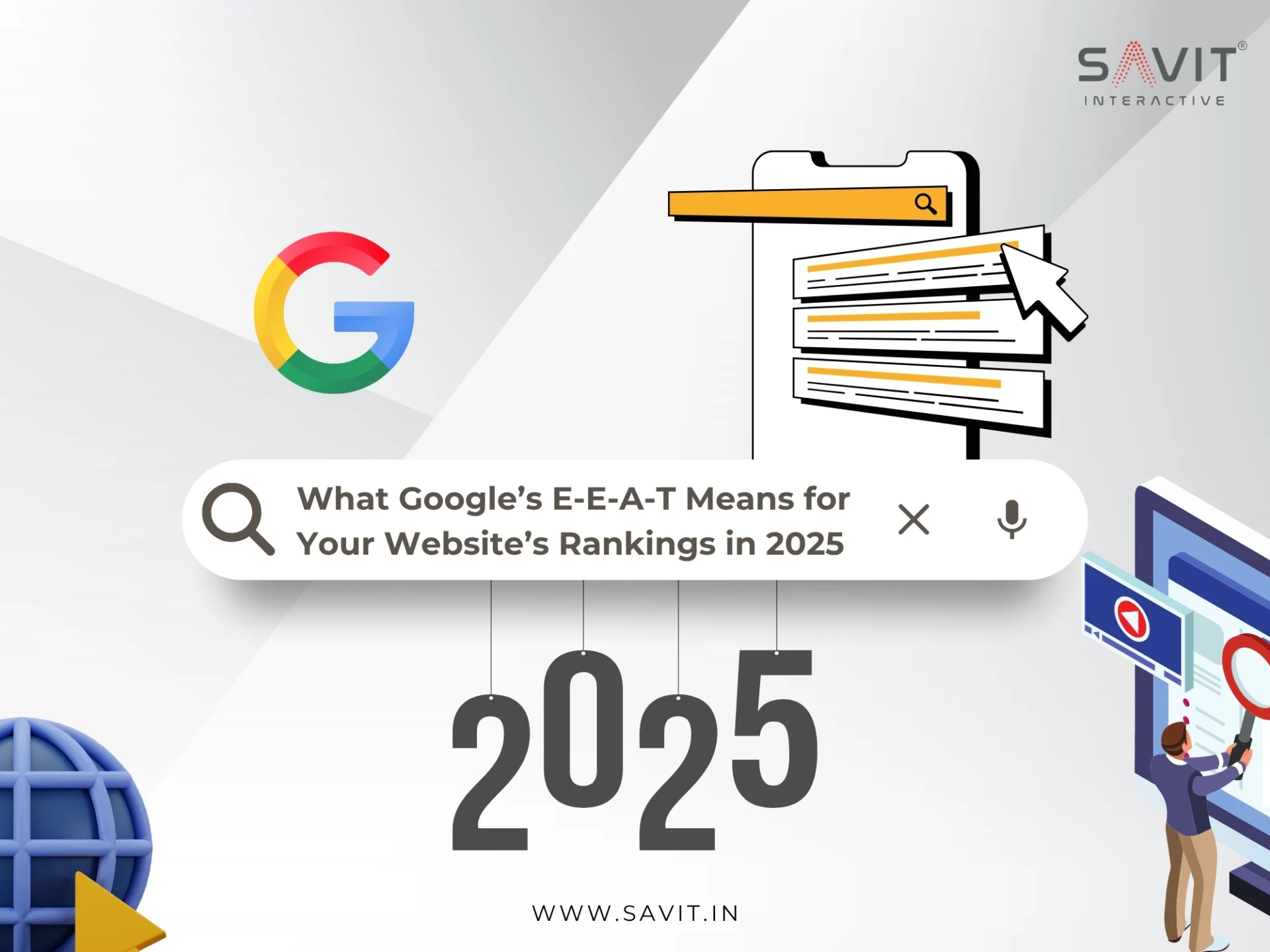Magento is one of the most popular e-commerce platforms, and it’s no surprise that many stores are turning to it for their online presence. However, to reach its potential, any Magento store needs to optimize its search engine optimization (SEO) efforts. Magento 2 SEO is optimizing Magento stores to rank higher in search engine results pages (SERP). This helps drive more organic traffic, improves the overall customer experience and helps ensure that your store is found by those searching for relevant keywords.
This guide will discuss the essential techniques to boost your Magento SEO results. We’ll dive into the best SEO practices, explain how SEO extensions can improve visibility, and provide tips on optimizing specific aspects of your store. With this guide, you can take your store’s SEO game to the next level.
What Is Magento SEO?
Magento SEO is an evolving set of strategies and approaches to help you optimize your Magento store for search engine visibility. It refers to various best practices and techniques—from optimizing website structure and metadata to improving page load speed and leveraging structured data markup—that help ensure your store is visible and trustworthy to search engine crawlers. At its core, Magento SEO begins with providing your eCommerce platform’s core components are adequately configured from the start. This includes elements like Robots.txt, the Sitemap, canonical URLs, meta tags, H1 tags and other HTML tags, keyword placement and content optimization techniques.
But in addition to maintaining a properly optimized website structure on its own, optimizing your Magento store for SEO should also involve leveraging external tools like automated analytics platforms to track performance and evaluate potential improvements over time. Additionally, consistently publishing high-quality content that provides users with valuable information can further aid in an effective Magento SEO strategy.
Why is SEO Essential for Your Magento 2 Store ?
SEO is essential for your Magento 2 store because it is the only way to reach a broader audience that may be interested in your products and services. When done correctly, SEO can help your Magento store rank higher in search engines, increasing website traffic and potential customers. Moreover, by creating content that resonates with your target audience, Magento SEO can enable you to build trust, authority and credibility in the eyes of your potential customers. That way, they are likelier to stay on the website, engage with your products, and eventually purchase them.
Finally, with proper optimization of key on-page elements such as titles, headings, URLs and meta descriptions and optimization of internal linking structures, you can increase click-through rates from search engine results pages (SERPs), boosting visibility and improving user experience.
Boost Magento’s metadata
Regarding Magento websites SEO, the importance of metadata should be noticed. Data in Title Tags and Meta Descriptions give search engines helpful information on what each page is about. They are critical in how your pages are presented in SERPs, helping you stand out and attract potential customers. Fortunately, Magento 2 makes it easy to optimize your store’s metadata. Through the platform’s backend interface, you can quickly and easily configure page titles and meta descriptions for each page on your website. You can also use Magento 2 SEO Extensions to add more fields to categorize your pages further. By adding relevant keyword-rich titles and descriptions to your product pages, category pages, blog posts, etc., you can optimize your website’s metadata for better SERP visibility. This will help draw more organic traffic to your store while increasing its credibility with search engines.
Rich Snippets and Microdata
Getting the right content for your target audience is essential for better SERP results. One of the ways you can do this is with rich snippets and microdata. Rich snippets are HTML code selected by search engine web crawlers and displayed on the search engine results page (SERP). This can include anything from a customer rating summary to author information, recipe ingredient listings, etc.
Microdata, conversely, is a form of structured data markup that can provide more detailed information about items on your Magento store. This could be anything from product details, customer reviews, event information or even directions on how to reach your store location. By implementing these Magento 2 SEO techniques in tandem, you will be able to ensure that all of your content is adequately represented in SERP by giving web crawlers more detailed data about what’s being offered on your website. This will help you stand out from the competition and boost your click-through rate from SERP, as customers will get a better idea of what you offer before clicking through.
Create Magento 2 SEO URLs
Having SEO-friendly URLs is one of the essential Magento 2 SEO tasks. URLs will make your website more crawlable for search engine bots and readable for customers. These small steps can go a long way towards optimizing your Magento 2 store for search engine bots, customers, and users alike!
Generate Magento XML Sitemap
Generating a Magento XML sitemap is one of the essential SEO tactics for e-commerce websites. A sitemap contains a list of all the URLs on your website, informing the search engine bots about the pages that should be indexed. By implementing sitemaps, you can boost your rankings and increase organic traffic to your Magento store. Here is how to generate Magento XML Sitemaps:
- Log in to your Magento admin panel and go to Marketing>SEO & Search>Sitemap.
- Click Generate button at the upper right corner so that all of your e-commerce pages are indexed by search engine bots.
- Click the View button to view the generated XML Sitemap and ensure it is correct.
- Test the Sitemap by submitting it in Google Search Console, Bing Webmaster Tools, or Yandex Webmaster Tools account if any search engine accounts have previously been created for your store.
- Check for errors using a third-party tool such as XML Sitemap Validator or SERPSiteMapTest and make necessary corrections if any are found before submitting it to Google Webmaster Tools again for indexing.
- Update the page regularly per SEO best practices by adding new content and optimizing existing ones so that your XML sitemaps stay updated for better results in SERPs (search engine result pages).
Create Robots.txt
Robots.txt is a file created to direct search engine robots to specific folders you don’t want them to crawl and index. This helps you control what pages are indexed and what content appears in SERPs. When it comes to Magento 2 SEO, creating a Robots.txt file is very important for search engine optimization and ranking high on SERP. Creating a Robots.txt for your Magento store is a simple task that doesn’t require much technical knowledge. This basic version tells search engine bots to avoid or not crawl or index any part of your Magento website. After this, you can add specific instructions based on what content, folders or pages you want the bots to access or ignore—ensuring your Magento websites or stores remains compliant with best practices and industry guidelines for SEO.
Improve Magento Website Speed
Speed is critical when it comes to success in the SERP arena. Website speed affects user experience, which in turn affects SEO ranking. To ensure that your Magento store is loading as quickly as possible, you can apply a few techniques.
Optimize Your Modules
If you’re using Magento 2.0 and higher, there’s a built-in feature to optimize the loading of modules. This means that all the modules that are not used on each page won’t be loaded, resulting in faster page load times. Leverage Full Page Caching by enabling full-page caching (FPC) will significantly help your store speed performance by eliminating costly database queries for every page load. You can easily enable FPC from Admin Panel and continue optimizing it with extensions or on the server level. Finally, compress HTML, JavaScript and CSS Files by compressing your HTML, JavaScript and CSS files will reduce their size by up to 80%, leading to faster loading times for your web pages. You can find various solutions online to compress these files for better website performance.
Optimize Magento Images
If images are a vital part of your product pages, optimizing them for SEO is essential. This will help ensure your pages rank as high as possible in the SERP.
Here are a few key ways to optimize your Magento images:
- Choose descriptive filenames that accurately reflect the image content, such as “blue-men-t-shirt.jpg.”
- Compress the size of your images without compromising quality, so they load quickly and evenly on all devices.
- Include ALT tags in each image to help search engines better understand the content of each image.
- Include keywords in the titles and descriptions of your photos.
- Use “product zoom” features to give shoppers a better look at what they want to buy.
- Use responsive images for mobile devices, so they load quickly and effectively on all devices.
- Leverage sitemap generators like Google XML Sitemaps to create an XML sitemap that helps search engines crawl and index product images on Magento sites.
By following these simple steps, you can ensure that your product pages are optimized for SEO and provide a better shopping experience for customers—ultimately leading to more sales and better search engine rankings!
Create Content to Increase Traffic
Content creation is often the secret sauce for many high-ranking Magento stores. The easiest way to provide valuable content is to create informative blog posts, optimize them for the targeted keywords, and link them back to the product and category pages. Another great way to generate traffic to your Magento websites is through webinars and podcasts. You can use these two media types to inform customers about what you have to offer engagingly and conveniently while increasing your authority in your industry. Apart from creating content, you must keep your existing content relevant. You can do this by regularly updating your blog articles and other pieces of content with new information from reliable sources. This will ensure that your readers are getting up-to-date quality information.
Finally, make sure that you optimize title tags and meta descriptions for each page on your Magento store. These elements are vital for ensuring better click-through rates from the search results page, so make sure that you craft them carefully for maximum effect.
Optimize for mobile
Mobile responsiveness is a critical Magento 2 SEO factor for several reasons. First, the number of mobile users is increasing dramatically, and 79% of the purchase online using mobile devices. Second, mobile users are more likely to abandon a purchase if the website is not mobile-friendly. Finally, Google penalizes websites that are not mobile-responsive in their search results. So, to rank well on Google and convert mobile visitors into customers, you must ensure your Magento 2 website is responsive.
Finally, last but not least, and definitely not less critical, Magento 2 SEO factor is mobile responsiveness. It is proper desktop generated more sales. Nevertheless, the number of mobile users has increased dramatically. Around 79% of mobile users purchase online with mobile devices. Considering this, making your store responsive to all devices is necessary to improve sales and tap into this vast market share.
Conclusion
Magento SEO is a topic that can get confusing, mainly when Google updates its search engine algorithms regularly. It can be easy to feel overwhelmed and uncertain about how to approach SEO for a Magento store. This guide was written to demystify some of the most common SEO questions, provide insight into the best practices, and help you determine which optimization strategies are suitable for your store. Hence, in order to understand Magento SEO or any other type of SEO, it is essential for you to get professional help from an industry expert like Savit Interactive. If you are looking for a one-stop solution for everything related from SEO to SMO, then Savit Interactive is the answer for you!



